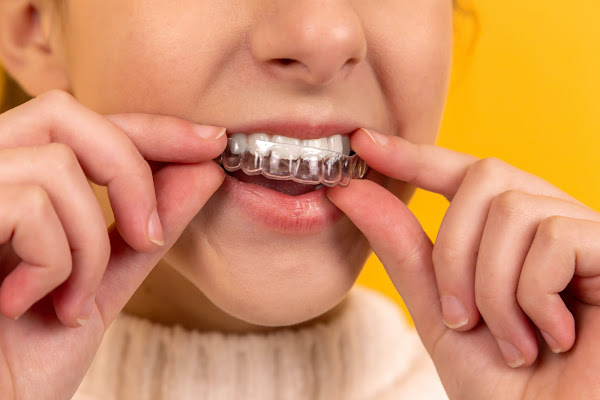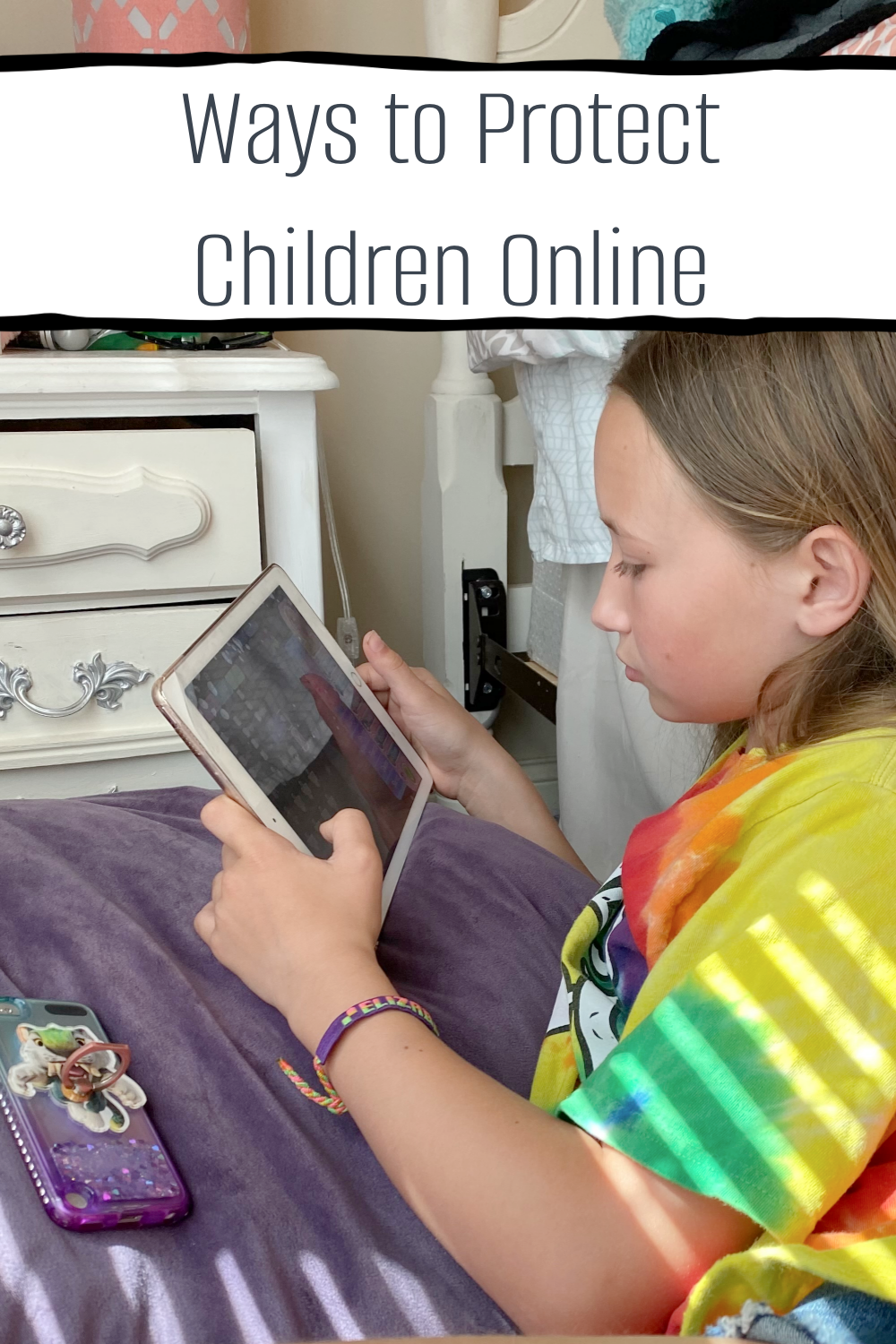Recognizing Dental Emergencies and Immediate Steps to Take
If your child's tooth gets knocked out, rinse it gently with water, taking care not to remove any attached tissue fragments. Place the tooth back into the socket if possible, or if that's not feasible, store it in a cup of milk or saliva until you can reach a dentist. Remember, time is of the essence, so contact your dentist immediately. You may also want to consider exploring the availability of an at home denture kit as a precautionary measure.
Another dental emergency that may arise is a fractured tooth. If your child has a broken tooth, rinse their mouth with warm water to clean the area and apply a cold compress to reduce any swelling. It's important to avoid giving your child any pain medication without consulting an emergency pediatric dentist in Kyle, TX, or any other location you live first, as some medications can interfere with dental treatments. In the case of a severe toothache, gently floss around the affected tooth to remove any trapped food particles and rinse the mouth with warm saltwater. You can provide temporary relief by placing a cold compress on the outside of the cheek, but it's crucial to schedule an appointment with your dentist as soon as possible.
Managing Dental Emergencies at Home and Seeking Professional Help
Seeking professional help promptly is crucial during dental emergencies. Contact your dentist right away and explain the situation in detail. Many dental practices have emergency appointments available, allowing them to assess the situation and provide appropriate treatment. It's important to resist the temptation to rely solely on over-the-counter remedies or home remedies found online, as these may exacerbate the issue or cause further complications. Your dentist has the expertise and equipment necessary to address dental emergencies effectively, ensuring the best possible outcome for your child's oral health.
Preventing Dental Emergencies and Maintaining Oral Health
Common Dental Emergencies and How to Handle Them
Another dental emergency to be aware of is a broken dental filling or crown. If your child's filling or crown becomes loose or falls out, it's important to contact your dentist promptly. In the meantime, you can temporarily cover the exposed area with dental cement or sugar-free gum to protect the tooth. Avoid using any adhesive substances such as glue, as they can be harmful if ingested. Your dentist will be able to assess the situation and determine the best course of action, whether it involves repairing or replacing the filling or crown.
The Importance of Teaching Dental Emergency Preparedness
Dental emergencies can encompass a range of situations, from knocked-out teeth to broken orthodontic appliances. Understanding how to handle these emergencies and seeking professional help promptly is crucial for protecting your child's oral health. Stay informed about common dental emergencies and their appropriate responses and educate your children on dental emergency preparedness. By doing so, you can navigate dental emergencies with confidence and ensure the best possible outcome for your child's dental well-being.
If you're on the lookout for a reliable dentist, you can search for terms like "emergency dentist near me" or "implants boynton beach fl" on the internet to find dental experts near you.









No comments
Thank you for dropping by! I would love to hear what you thought. :)
Thanks!
♥,
Diana